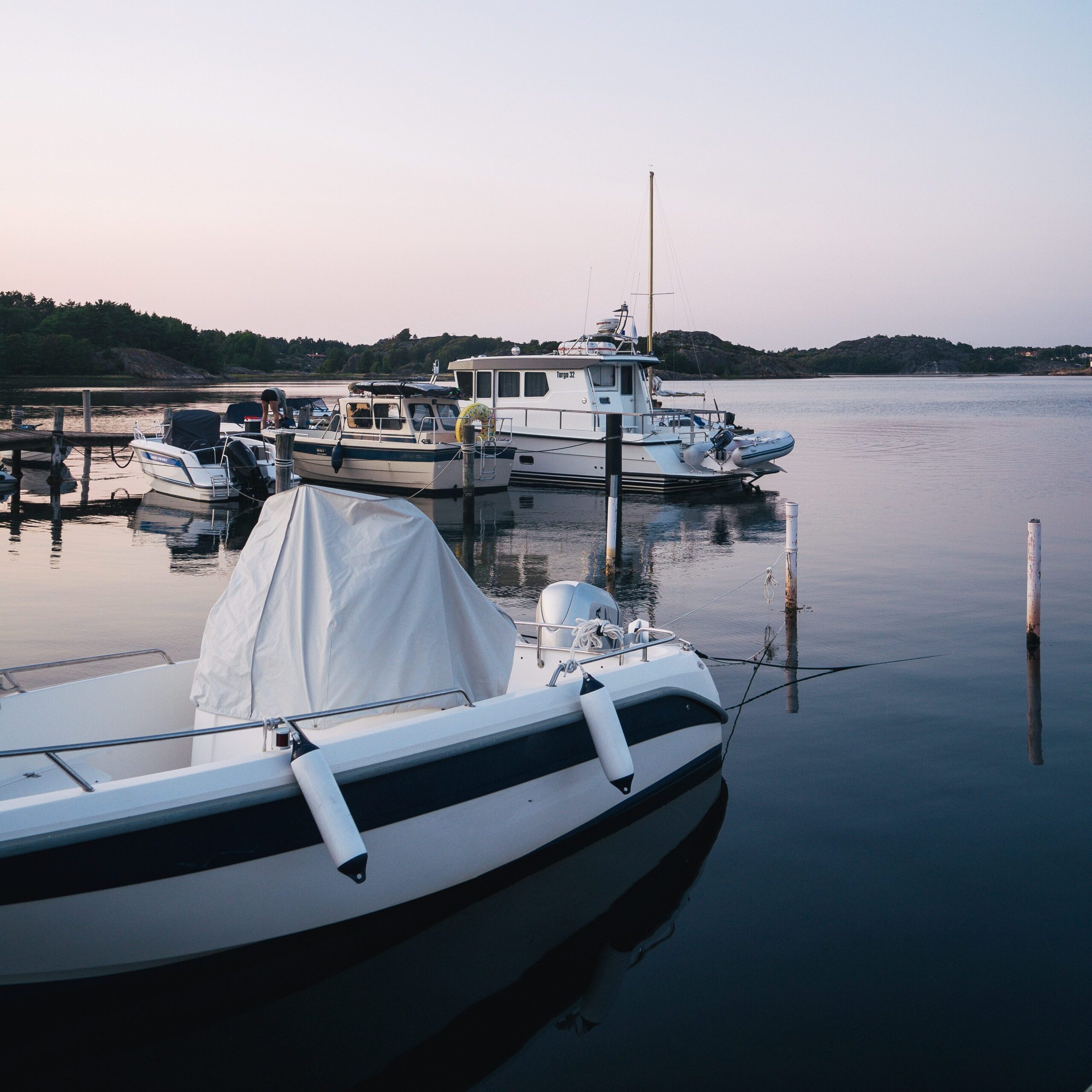After decades of overfishing, several of the Baltic Sea’s commercial fish stocks are in crisis, and so is coastal fishing. With support from BalticWaters, Cecilia Solér will explore how management can create conditions for sustainable small-scale coastal fishing that can create added value for both the individual fisherman and society at large.
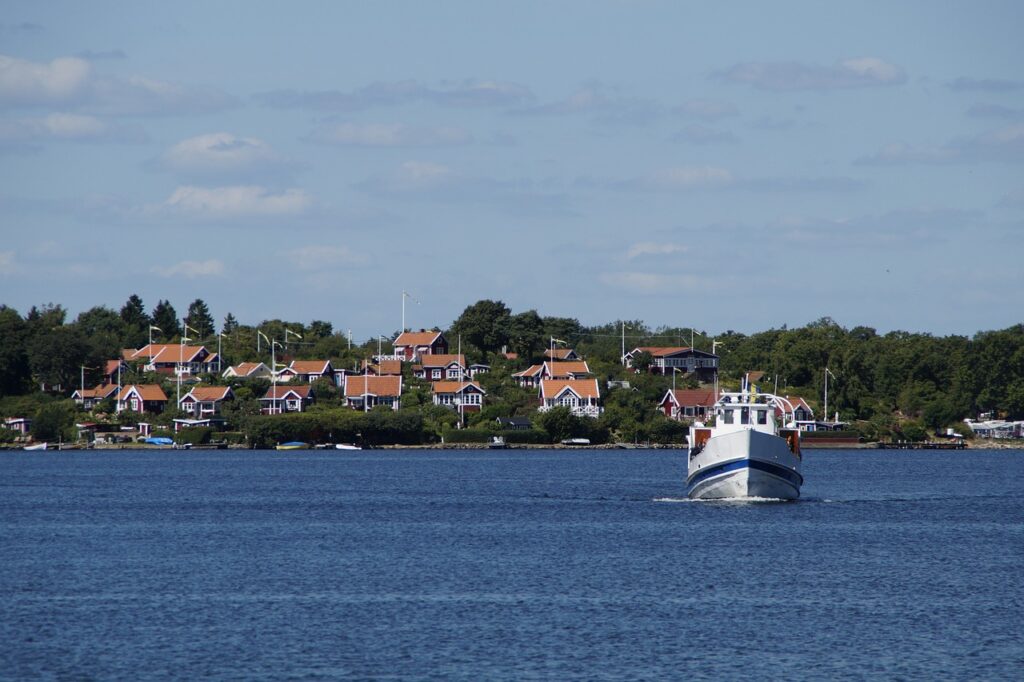
Small-scale fisheries along the Baltic Sea coast have played an important economic and cultural role for coastal communities in Sweden for decades. It creates jobs and income along the coast and can contribute locally to food supply, small-scale value addition and tourism. However, as the largest industrial trawlers have become bigger and more efficient, several commercial fish stocks have declined sharply and are on the brink of ecological collapse. These developments have hit coastal communities and small-scale fisheries, which have long warned of declining catches.
In hindsight it is clear that large-scale fisheries have been favoured by fisheries management – at the expense of both the marine environment and small-scale coastal fishermen. One reason for the latter may be that the economic contribution of small-scale fisheries has not been clearly recognised, which may have led to it being underestimated or overlooked in fisheries management decisions.
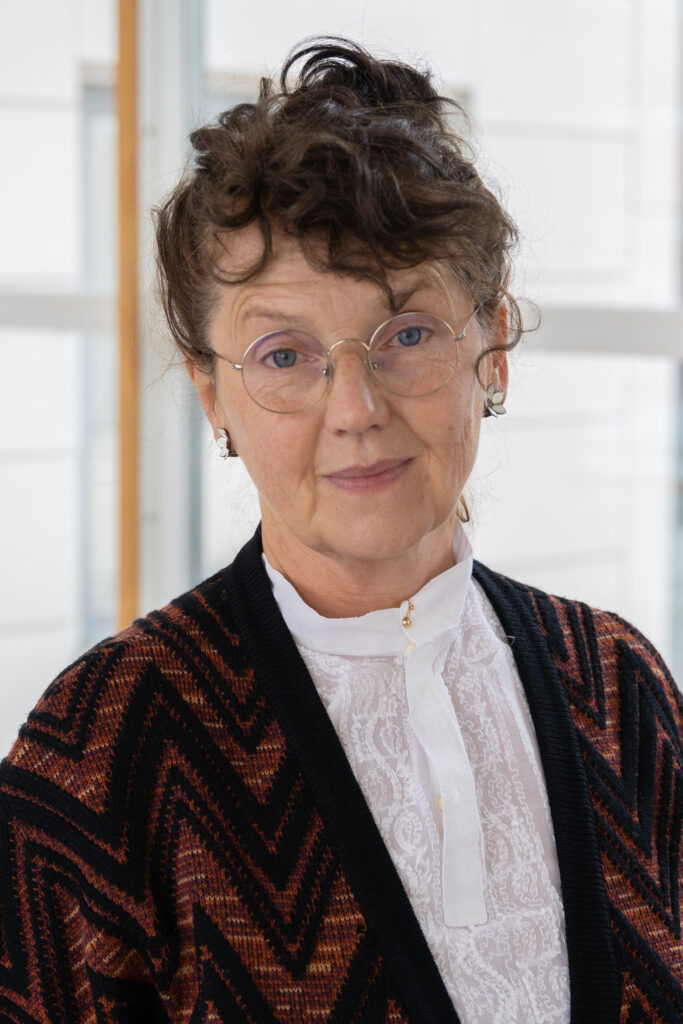
Cecilia Solér. Photo: Private
– An economic reassessment of how small-scale fisheries are viewed could pave the way for more ecologically and socially sustainable fishing, says Cecilia Solér.
Cecilia is an associate professor of business administration at the School of Business, Economics and Law at the University of Gothenburg and has extensive experience of sustainable consumption and value chains. She is now embarking on a new research project funded by BalticWaters. The aim? To develop a sustainable business model for small-scale fishing by investigating the conditions under which fishing that takes into account the long-term survival of fish stocks can also be competitive.
An empirical estimate of the socio-economic value of small-scale fishing
The project builds on an earlier study in which Cecilia, together with her colleague Robin Bankel and researchers from SLU Aqua and Stockholm University Baltic Sea Centre, based on the ecosystem approach, developed a local management model for the sustainable use of marine resources. One of the conclusions of the project was that such a management model requires new empirical methods for calculating the economic contribution of small-scale fishing – something that has been lacking until now.
– Economists have a theoretical view of the value of fishing. This will be the first project to investigate it empirically,” says Cecilia.
In connection with the new study, Cecilia has begun a comprehensive mapping of small-scale coastal fishing along the Swedish Baltic Sea coast, and the value this fishing creates. The entire value chain will be examined – from catch to final consumption.
What is ecosystem-based fisheries management?
The ecosystem approach takes into account the whole ecosystem and how different parts affect each other, rather than just focusing on individual fish stocks. It takes into account ecological, economic and social factors to promote long-term sustainability and conservation of marine resources. This includes interactions between different species, their habitats, the structure and functioning of the ecosystem, and the role and impact of humans on the ecosystem.
– To create a realistic valuation, we need to take a broader approach. It’s important to look at the marine impact of fishing, but also at all economic links in the value chain, she explains.
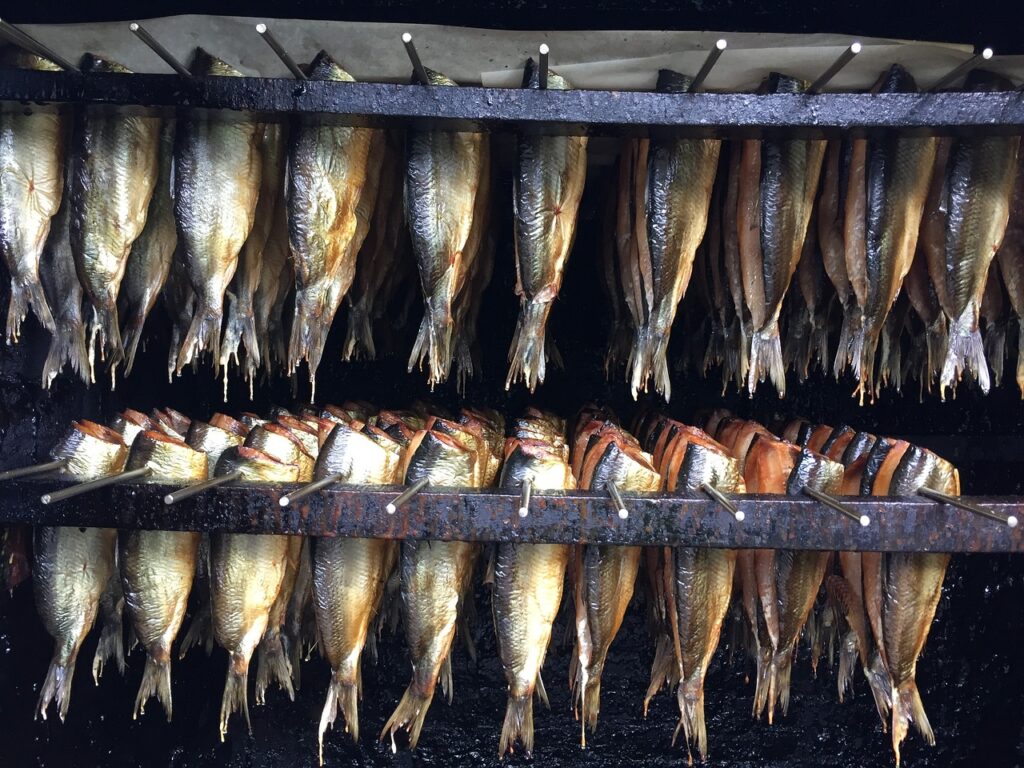
Because what happens to the fish once it is landed has a major impact on the final value of the fishery. Fish from small-scale fisheries are primarily used to feed people, compared to industrial fisheries where the majority of the catch goes to the feed industry. In addition, almost all coastal fishermen engage in some form of value-added processing, such as boiling crayfish and selling them at the dock or running some other type of catering business, which helps to increase the value of the fish.
– I will evaluate the increased profits that the sale of locally processed products for human consumption in Sweden can provide and compare it to the economic value this fishery creates today, says Cecilia.
Potential company profits and jobs resulting from increased processing will also be calculated as an additional link in the value chain.
The money steers the management
A reassessment of small-scale fisheries can enable policy and necessary management changes. As a final step, Cecilia will therefore formulate recommendations for concrete measures that can create the necessary conditions for sustainable and competitive coastal fisheries.
Cecilia points out that one of the challenges in the current management is that small-scale fishermen are disempowered – they are allocated a quota for their catch but have no voice in the decision-making process. One measure that will be explored in the study is the introduction of a co-management model.
What is co-management?
Co-management involves sharing decision-making and responsibility for managing fish stocks between authorities and relevant stakeholders such as fishermen and local communities. The basic idea is to include those directly affected by management in the decision-making process, which can lead to better-informed and more effective regulations. One of the benefits highlighted with co-management is that when fishermen are involved in management, they also share responsibility for maintaining viable stocks in the long term, which can increase the motivation to fish sustainably.
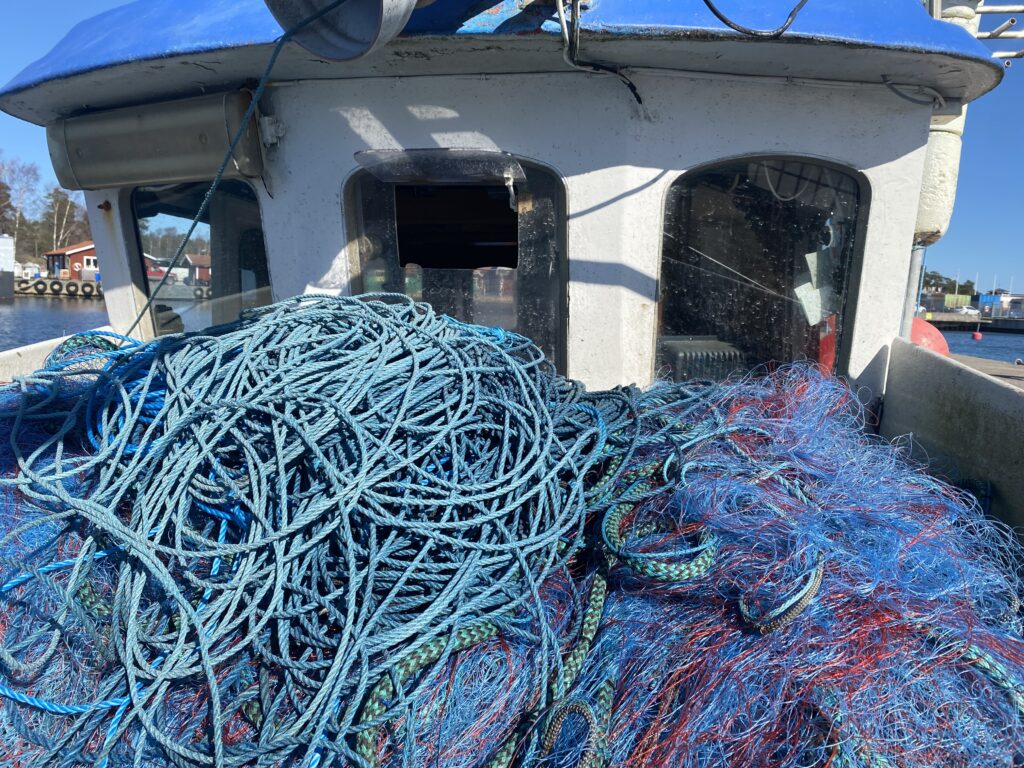
Photo: Madeleine Kullenbo
– It is only natural that those who are closest to the fish and make a living from it also bear responsibility for the health and management of the resource, says Cecilia.
– In a system where small-scale fishermen are also involved in the decision-making process on who gets to fish and to what extent, it is likely that management will take into account the long-term viability of the fish stocks, she explains.
The proposed measures could serve as guidelines for management that conserves local fish stocks and strengthens small-scale fishing activities that fish for human consumption. Ultimately, such fishing can also strengthen Swedish food security, the economic development of coastal communities and the preservation of an important cultural heritage.

More about the project
The project “Implementation of sustainable business models in coastal fisheries that depend on, and maintain, the marine ecosystem services in the Baltic Sea” will be carried out by Cecilia Solér at the School of Business, Economics and Law at the University of Gothenburg, and will run until autumn 2025. Through BalticWater’s program to fund research projects and pre-studies, the project has been granted funding of SEK 1,000,000 to support the implementation of the scientific study. You can read more about the five other projects that have received funding in the article Six new research projects for a living Baltic Sea.
